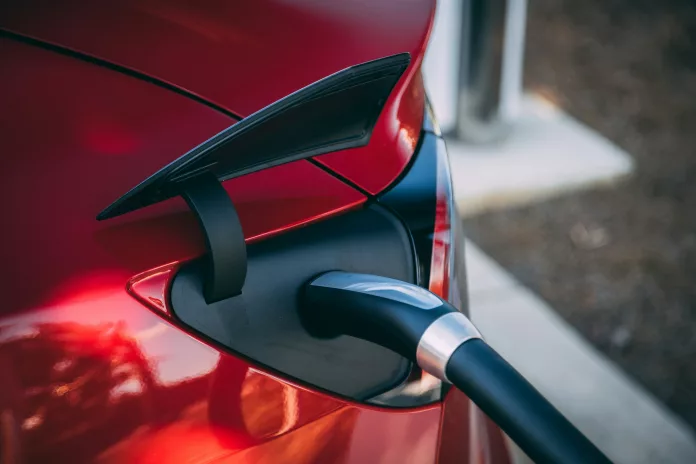Electric vehicles (EVs) often fall prey to sensationalized media reports that overlook the ubiquity of troubleshooting in all automotive technology—not just the electric kind. A common scenario unfolds when a minor EV setback, generally resolvable with a software patch, is inflated into a headline-grabbing debacle, overshadowing the fact that traditional internal combustion engine (ICE) vehicles encounter their own myriad issues. In the race for clicks, these stories propagate quickly, especially on platforms built for virality.
Understanding the Power of Soundbites
The media’s lean towards catchy soundbites is a strategic move to captivate an audience within an attention-driven economy. The goal of headlines and snippets is to hook users and maximize time spent on the platform, says Yonty Friesem, an authority on media at Columbia College Chicago. This method often works too well, fostering skepticism towards EVs among the public.
Ironically, this fascination with soundbites becomes more pronounced when covering climate change—a subject that, until the escalation of extreme weather events, rarely grabbed front-page headlines due to its seemingly indirect immediate impact on developed nations.
Social media has stepped in to fill the communication gap, not only influencing dialogues and standards but also, regrettably, becoming a vector for spreading fear, conspiracy, and misinformation. This phenomenon isn’t new; the propagation of existential fear through persuasive fear speech posts, subtle and impactful, is a well-documented tactic through history, now amplified by online platforms.
Dispelling EV Myths and Fearmongering
Consider the exaggerated concerns about EV battery performance in cold weather. While it’s true that batteries may charge more slowly in frigid conditions, this problem isn’t exclusive to EVs. ICE vehicle batteries similarly struggle, and other car elements can falter in the cold. Yet these facts are often obscured by the dominant narrative focused on EV shortcomings.
Friesem elaborates that climate entrepreneurs capitalize on the brevity of soundbites to retain consumer interest on social media platforms. The more outlandish and emotionally charged these soundbites are, the more they engage users, maximizing platform stickiness.
Combating the New Climate Denial
In recent studies, like the one analyzing climate content on YouTube, there’s a noticeable rise in ‘New Denial’—where the debate has shifted from the existence of climate change to the efficacy of solutions like EVs. This transition marks a crucial point for climate advocates. They must update strategies to counteract these modern tactics that target not just the science, but the trust in proposed solutions.
The study highlights the significant role social media platforms play in disseminating misinformation and underscores the importance of these companies in revamping the narrative on climate-related topics, including EV technology.
Looking Toward a More Informed Future
Despite the challenges, legislation like the potential regulation of TikTok signals a potential future where there’s more accountability in social media messaging. Yet, relying on individuals to self-moderate their media consumption isn’t sufficient—it’s a societal issue requiring regulation as a solution.
A report from CleanTechnica reveals that consumers better educated on EV technologies are more likely to adopt them. Enlightening the public helps counteract the detrimental effects of negative EV soundbites, illustrating the power of informed discourse.
As we delve deeper into the climate crisis’s abstract nature and the denial surrounding it, our next piece will feature insights from Mark Z. Jacobson, a Stanford University professor specializing in civil and environmental engineering, who will offer his perspective on the matter.


























